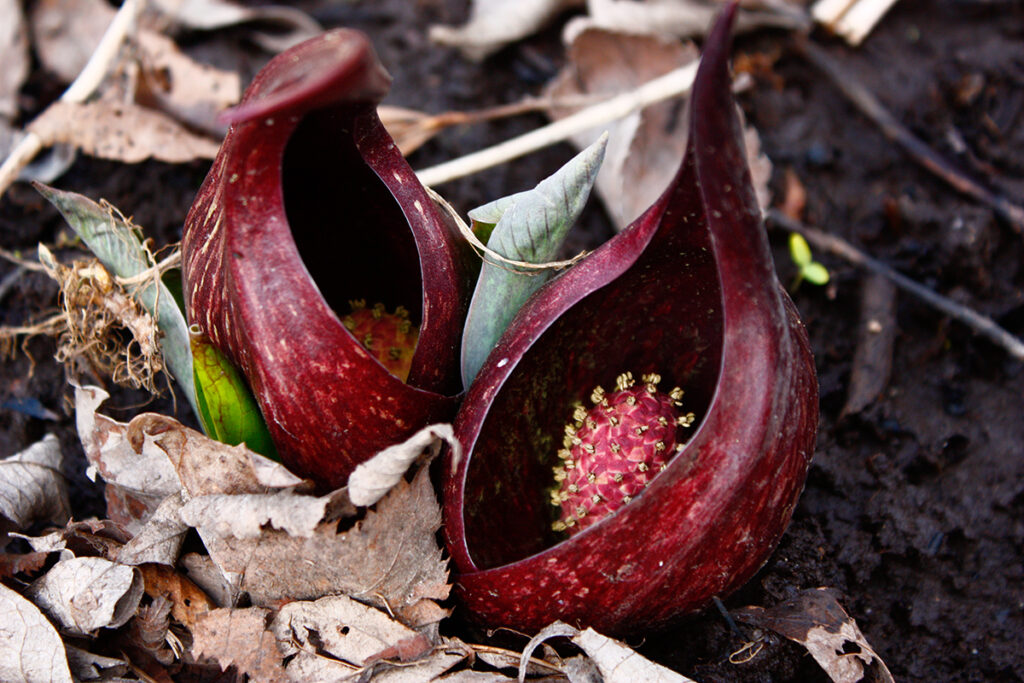Friday
The World Cup final that many were predicting—Argentina vs. France—has come to pass, with most of the excitement on the Argentina side. (Full disclosure: I am a France fan who is going out of his way to be objective here.) After all, France won the trophy four years ago while the world cup is the one trophy that the sublime Lionel Messi has never won. Possibly the greatest player ever, the 35-year-old Messi scored the assist of the tournament when, rolling back the years, he took a ball at the midfield line, shed two Croatian defenders, turned one of them entirely around in the box, and slotted a tap-in goal to an onrushing teammate. How can one not root for more Messi magic in the final?
France, meanwhile, has played hunkered-down soccer, its defense absorbing opposition attacks with only an occasional counterattack. Most people felt that England and Morocco, who dominated time of possession, were much more exciting. For their part, French fans had to settle for their team only winning. Think of Les Bleus as Mary Oliver’s skunk cabbage.
In her poem about the perennial that smells like rotting meat, Oliver notes that “what blazes the trail is not necessarily pretty.” Unlike the flowers that come later in the season, which she notes are “the last subtle refinements, elegant and easeful,” the skunk cabbage has a primal instinct for survival. Or as Oliver puts it,
Appalling its rough
green caves, and the thought
of the thick root nested below, stubborn
and powerful as instinct!
And:
Not
tenderness, not longing, but daring and brawn
pull down the frozen waterfall, the past.
Plant biologists note that the plant’s smell attracts flies, carrion beetles, bees, mosquitoes, sow bugs and the larvae of butterflies and moths—referred to by Oliver as “a continual spatter of protein” (although I haven’t encountered any reference to the skunk cabbage absorbing the insects the way a Venus flytrap does). The plant can also generate heat far warmer than the surrounding air (up to 70 degrees), melting the snow around it. Nature’s first flowering plant, therefore, represents not only “the turning” of the seasons but a “dense and scalding reenactment” of death and life.
In France’s case, what is stubborn and powerful, what is daring and brawn, is the will to win. Some gave up on the team after it lost its entire midfield along with the season’s ballon d’or winner to injury, but out of those “deaths” has come new life. Don’t look for “tenderness” and “longing” in Les Bleus.
So while the rest of us dream about the soccer equivalent of “ferns and flowers and new leaves unfolding,” the French team “sling[s] its bunched leaves up through the chilling mud.” Here’s the poem:
Skunk Cabbage
By Mary Oliver
And now as the iron rinds over
the ponds start dissolving,
you come, dreaming of ferns and flowers
and new leaves unfolding,
upon the brash
turnip-hearted skunk cabbage
slinging its bunched leaves up
through the chilling mud.
You kneel beside it. The smell
is lurid and flows out in the most
unabashed way, attracting
into itself a continual spattering
of protein. Appalling its rough
green caves, and the thought
of the thick root nested below, stubborn
and powerful as instinct!
But these are the woods you love,
where the secret name
of every death is life again – a miracle
wrought surely not of mere turning
but of dense and scalding reenactment. Not
tenderness, not longing, but daring and brawn
pull down the frozen waterfall, the past.
Ferns, leaves, flowers, the last subtle
refinements, elegant and easeful, wait
to rise and flourish.
What blazes the trail is not necessarily pretty.
In my comparison, I overstate somewhat. There is something dazzlingly pretty about an Mbappe run, a Griezmann pass, and a Giroud header. France would not have advanced as far as it has if it were it merely workmanlike. But once it has dazzled, the team settles down into skunk cabbage mode, its defense “attracting into itself a continual spattering of protein.”


